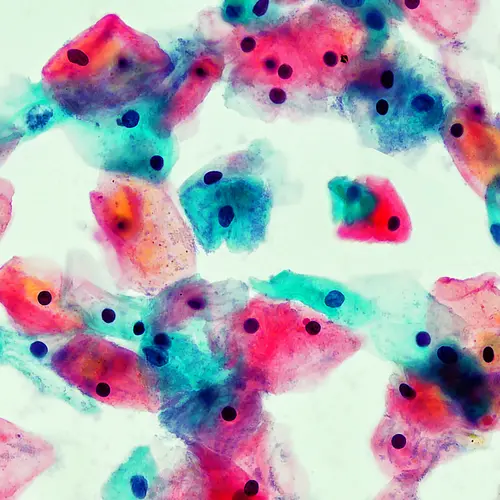2005 was an eye-opening year for me. Work was rewarding, I'd been in the Andes and climbed above 14,000 feet for the first time, and life was rolling along smoothly.
Then, around July Fourth, I was landscaping my house when I noticed a severe pain and swelling in my right testicle. I was no better a few days later; the swelling and pain had increased and I figured I'd done something wrong -- maybe hurt myself with some heavy hauling. Having no regular doctor, I finally located one who could see me a week later. Meanwhile, I searched the Internet and found I could have one of five possible things -- from an infected testicle to testicular cancer.
My appointment day arrived. My new doctor thought I had an infected testicle but recommended a urologist, who did a battery of tests and an ultrasound. A few days later, I returned to hear the results. Before he could say anything, I said, "It's testicular cancer, right?" The doctor said, "I am 99% sure but we need to run a few more test including X-rays and blood work." I thought, here I am, in this doctor's room, by myself, finding out that my worst fear had come true: a cancerous tumor was in my right testicle. I was only 34 years old.
I pushed to have the tumor removed right away and reported to the hospital the next morning at 7 a.m. I recovered pretty well, and later in the year had another surgery to remove several lymph nodes in the right side of my abdomen. Of the 23 nodes removed, 22 were noncancerous and one node showed that previous treatment had killed the cancer. Today, almost a year later, my cancer is in remission.
But even more eye-opening for me than having cancer at such a young age was the response I got from other people. They acted as if I had an infectious disease when I said the word "cancer." I thought, "Why do people see cancer as a death sentence?" Something in me clicked. I decided to create a new cancer organization -- the National Cancer Detection Foundation -- that focuses on early detection. In my case, I figured that maybe if I'd had regular tests and visited a doctor more often, my cancer could have been caught earlier.
I also decided to use a passion of mine, mountaineering, to become the first cancer survivor to climb the seven highest mountain peaks on every continent: Aconcagua, Denali, Kilimanjaro, Elbrus, Vinson, Kosciuszko, and Everest.
This January, I completed the first climb, Kilimanjaro. One summit down, six more to go!
Originally published in the May/June 2006 edition of WebMD the Magazine.

